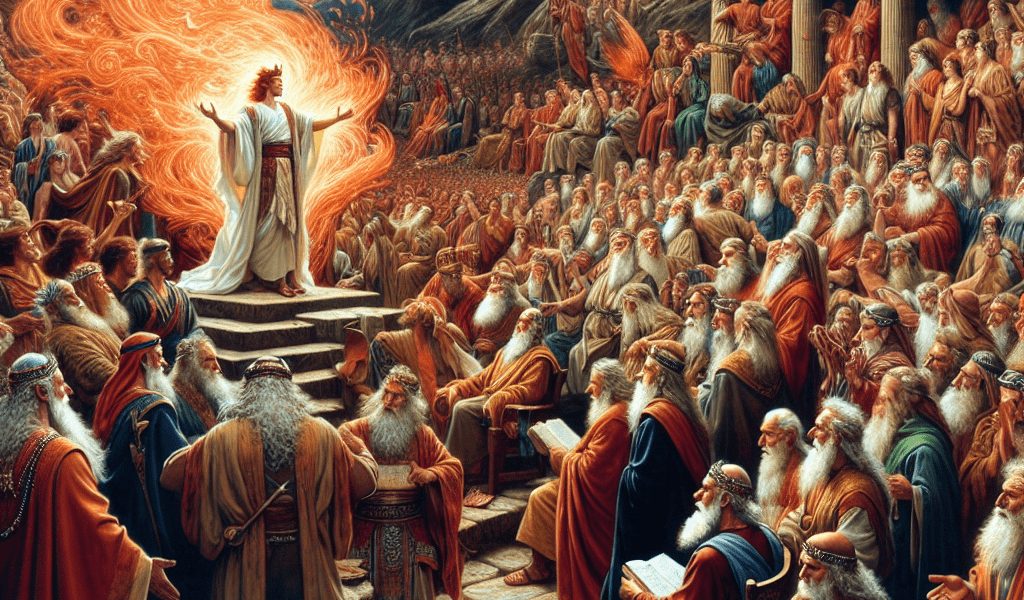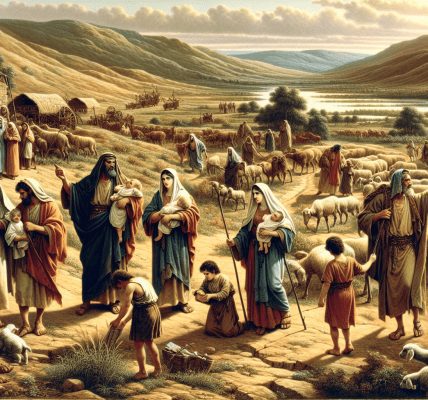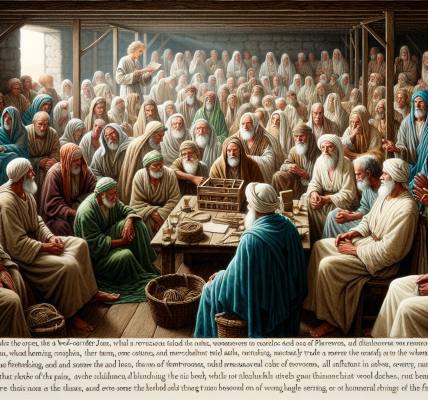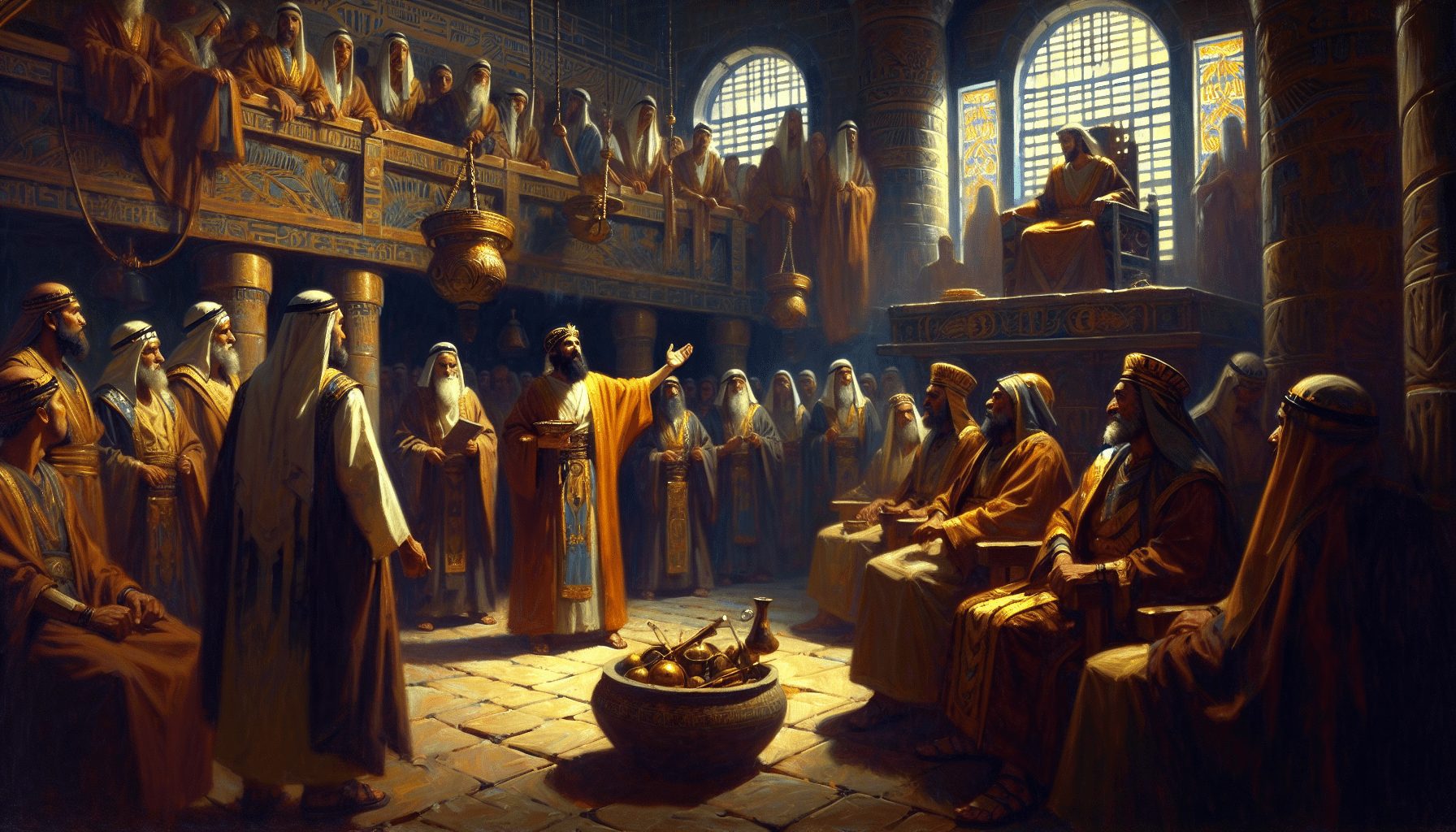Long ago, all the tribes of Israel came to Hebron to meet David. They acknowledged his kinship with them, saying, “Behold, we are thy bone and thy flesh.” They remembered how in the days of Saul, David was their leader and protector, leading them in and out. They told him how Jehovah had declared him the true shepherd of Israel, the rightful prince.
Thus, the elders of Israel went to Hebron, where King David made a contract, a covenant, with them in front of the Jehovah. That day, they anointed David as King over Israel. He was thirty when he began his reign which lasted for forty years. At Hebron, he ruled Judah for seven years and six months, and reigned over all of Israel and Judah in Jerusalem for thirty-three years.
King David and his men then went to Jerusalem to confront the Jebusites, the indigenous inhabitants of the land. The Jebusites taunted him, believing their city to be impregnable even to David; however, he proved them wrong. For David seized their stronghold of Zion and made it his own – the City of David.
He announced that any man that smote the Jebusites and removed their blind and lame from the city would be rewarded. And so it came to be that the City of David was purged of Jebusites. Then, David built more around the city, beginning from Millo and extending inward. As Jehovah was with him, he grew more and more potent.
Hiram, the king of Tyre, acknowledged David’s power and sent him cedar trees, carpenters, and masons, who built David a splendid house. David realized that Jehovah had established him as King over Israel and had expanded his kingdom for his people, Israel.
Once settled in Jerusalem after Hebron, David took more concubines and wives, and had more sons and daughters. Among these were Shammua, Shobab, Nathan, Solomon, Ibhar, Elishua, Nepheg, Japhia, Elishama, Eliada, and Eliphelet.
Upon hearing that David had been anointed as the King of Israel, the Philistines became wary and went up to seek David. David heard of this and retreated to his newly conquered stronghold. The Philistines, in response, spread across the valley of Rephaim.
As a man of faith, David sought Jehovah’s guidance, asking if he should retaliate. Jehovah gave his blessing, promising to deliver the Philistines into David’s hand. David then led his troops to Baal-perazim, where he defeated the Philistines, saying, “Jehovah hath broken mine enemies before me, like the breach of waters,” hence naming the place Baal-perazim. The Philistines’ idols were abandoned as they fled, and David’s men took them.
Even after this defeat, the Philistines spread out in the valley of Rephaim again. But this time, when David inquired of Jehovah, he was instructed not to attack from the front. Instead, he was to circle around them and ambush them from behind the mulberry trees.
Jehovah told David to listen for the sound of marching on top of the mulberry trees. That would be the sign that Jehovah had gone out before him to soften up the Philistine army. David did as he was commanded and defeated the Philistines from Geba all the way to Gezer, showing that with faith and strategy, no enemy was too strong for King David.




